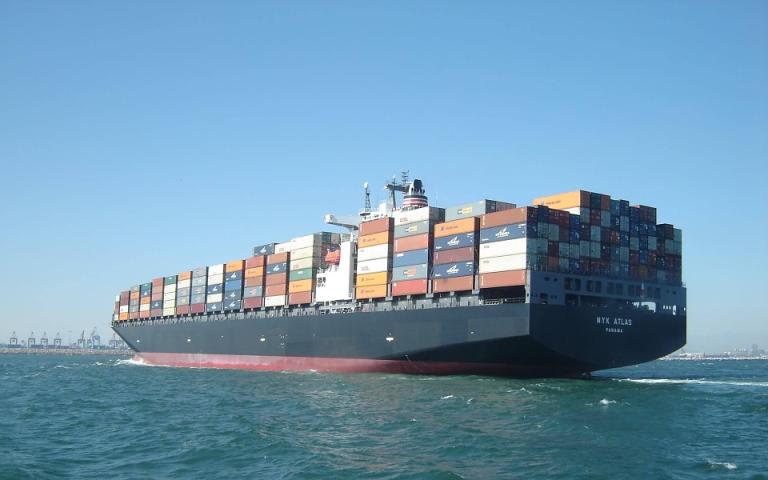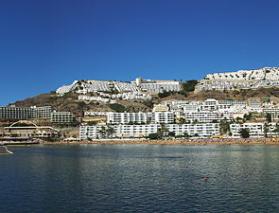
If you’re like me, your twitter feed and facebook timeline have been chock full of “if Trump really cared about the people of Puerto Rico, he’d waive the Jones Act,” followed by “if Trump really cared about the people of Puerto Rico, he’d waive the Jones Act for longer than 10 days” after he did, in fact, waive the Jones Act, that is, override the usual requirement that ships traveling from one US port to another be American-flagged ships.
The administration had come under fire in part because it originally refused to waive the Jones Act for more than a week after Hurricane Maria, even though it had granted similar waivers amid Hurricanes Harvey and Irma. The Department of Homeland Security had said in those cases the waivers had been justified by the shutting of fuel pipelines in the storms, which could have triggered shortages.
And as Vox reports,
According to John Frittelli’s 2014 analysis for the Congressional Research Service, it costs about twice as much to operate a ship complying with the Jones Act as a typical ship used for international cargo. Drewry Maritime Research concluded in 2013 that US-built, Jones-compliant vessels cost about four times as much to build as comparable foreign ships. . . .
But under the Jones Act, foreign-originating goods must be dropped off in Jacksonville and then shipped to Puerto Rico via an exorbitantly expensive Jones-compliant vessel. Likewise, it costs far more to ship US-produced goods to Puerto Rico than it does to Jamaica.
This raises the cost of living on Puerto Rico, makes Puerto Rico an unattractive place to produce goods bound for the US mainland, and has the bizarre effect of putting Puerto Rico at a competitive disadvantage to other Caribbean islands as a destination for American tourists.
In the US Virgin Islands, which are exempt from the law, US-made goods are about half as expensive, while the cost of living in Puerto Rico is 13 percent higher than on the American mainland. Food on Puerto Rico costs twice as much as it does in Florida, and that’s before the devastation of the island’s agriculture by Hurricane Maria.
Which all makes it sound very straightforward; Trump should waive the law to bring relief to the people of Puerto Rico, so that other ships, non-American ships, can transport cargo there from the mainland.
But we’re talking about a piece of legislation here. This is the responsibility of Congress. It is up to Congress to decide to include, or exclude Puerto Rico from the portions of the United States which are encompassed in these regulations. If you think it’s unfair that they are included in the law, when, when, unlike mainland U.S., goods cannot be trucked or trained there in response, then don’t gripe about the cruelty of Donald Trump. Write to your Congressman or Senator. Urge a legal change.
And, in any case, as Bloomberg reports, the issue is not, at the moment, a matter of getting goods across the Caribbean. Instead,
the problem wasn’t getting material to Puerto Rico, but distributing it over the island’s badly damaged roads. Thousands of cargo containers bearing millions of emergency meals and other relief supplies have been piling up on San Juan’s docks since Saturday. The mountains of material may not reach storm survivors for days.
“Bringing additional foreign ships into ports struggling to get back to normal operations will likely only exasperate the problem,” the lawmakers wrote in their letter to colleagues.
The Jones Act is not a short-term issue, but one ingredient in the longer-term issue of Puerto Rico’s economy. And the right answer is not another exercise of Presidential power, but a return to Congress working together.
Image: https://pixabay.com/en/container-ship-cargo-ship-cargo-560789/ (public domain)













